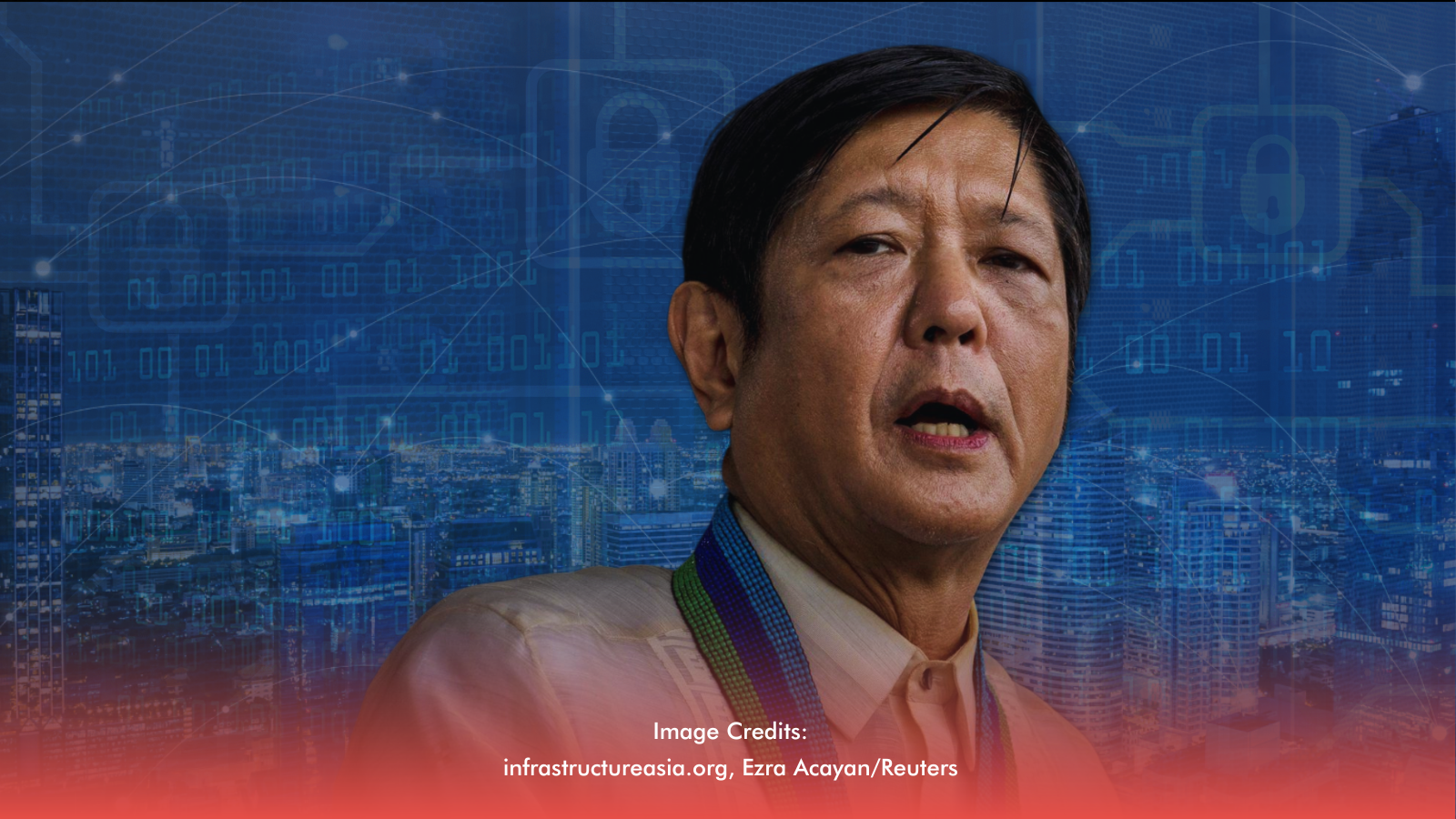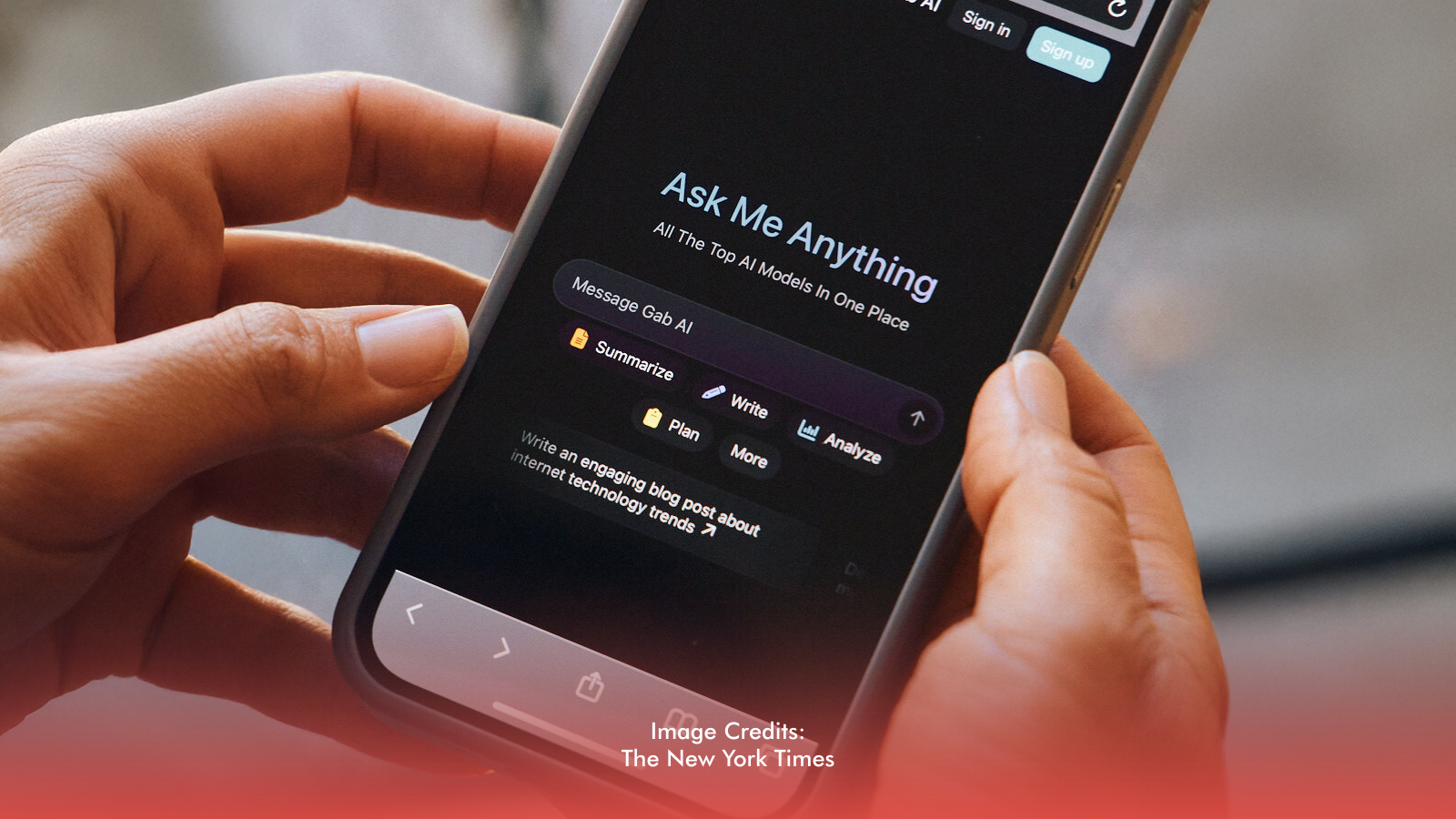President Ferdinand Marcos Jr. vowed to strengthen the Philippines’ digital infrastructure while calling for greater vigilance against online threats, warning that rapid technological advances carry both opportunities and risks.
Speaking at the Manila Tech Summit 2025, the president said the government is committed to building a “connected nation” and positioning the Philippines as a key player in the global fintech ecosystem.
RELATED: [Bayanihan SIM Project To Provide Internet For Students In Remote Areas]
Tackling Online Risks and AI Threats
Marcos highlighted the growing sophistication of scams, fraud, and cybercrime, many of which are fueled by artificial intelligence (AI), digital currencies, and international syndicates.
“In this digital age, we must become more vigilant against the risks that come with it,” he said. “Fraudulent schemes and scams are becoming increasingly sophisticated every day with the aid of artificial intelligence, with digital currencies, and with syndicates that know no frontiers.”
He warned that while AI offers breakthroughs, it also brings threats of job displacement and the loss of privacy. He also flagged online gambling as a growing issue, preying on vulnerable Filipinos.
Government Measures and Infrastructure Push
To address these risks, the administration has passed several measures, including the Anti-Financial Account Scamming Act, the Internet Transactions Act, and the SIM Registration Act. Marcos also cited the suspension of in-app gambling features in digital payment platforms and the creation of an e-commerce bureau to handle consumer complaints.
Beyond cybersecurity, Marcos outlined long-term infrastructure projects, notably the National Fiber Backbone, which aims to deliver faster internet to 17 million Filipinos by 2028. He also mentioned the expansion of the Free Wi-Fi for All program, the Bayanihan SIM Project, and the rollout of the Philippine Identification System for broader financial inclusion.
“All of these efforts place technological innovation at the center of our governance. We aim to provide a government where technology is optimized to improve service delivery, efficiency, and transparency,” he said.
RELATED: [Free WiFi, Lower Costs: What’s Next In The Push For Digital Inclusion]
Digital Economy Milestones
Marcos pointed out that in 2024, more than half of payment transactions in the Philippines were conducted digitally. The digital economy has since grown to P2.25 trillion, representing 8.5 percent of GDP, and generated over 11 million jobs.
“These accomplishments were made possible with the help of industry leaders, innovators, and thinkers who built a future-ready, inclusive, and resilient financial technology sector,” he said.
Still, the president stressed that much work remains.
“We see the greater need to tap the endless possibilities of a truly digital Philippines,” Marcos said. “Because the connected nation that we dream of will only come online if we all choose to build it brick by brick, gigabyte by gigabyte.”








